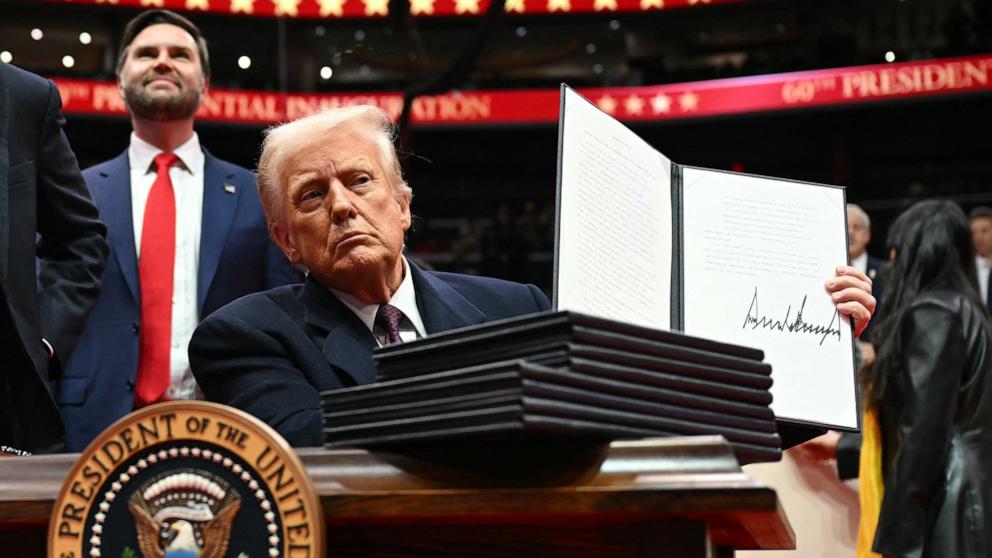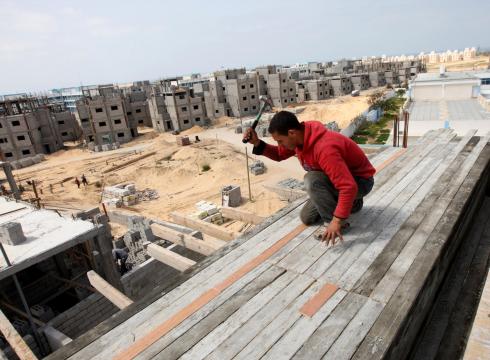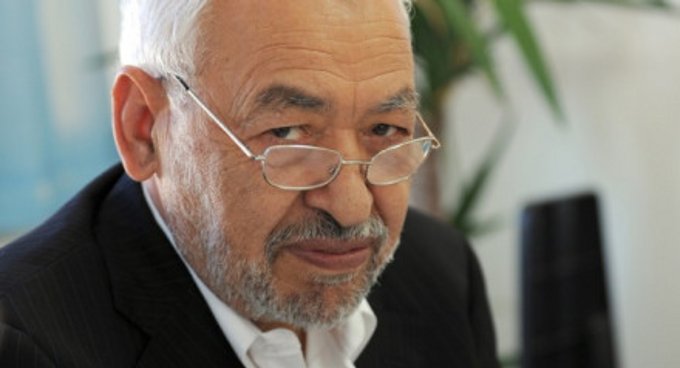Africa may be facing uncertainty following the re-election of Donald Trump as US president who signed a flurry of executive orders on his first day in the White House, sparking concerns especially about their potential impact on African countries that heavily rely on US humanitarian aid.
The barrage of executive orders signed by president Trump on Monday (20 January) included withdrawing the country from the Paris climate agreement, reversing sanctions on violent Israeli settlers or a temporary suspension of all US foreign aid programs for 90 days pending review. The move that the incoming secretary of state Marco Rubio had hinted at last week is to give the Department of State the opportunity to determine if and where foreign aid should be spent. According to Rubio, all funding proposals would have to answer three questions: “Does it make America safer? Does it make America stronger? Does it make America more prosperous?”
The impact of the order on assistance levels is not immediately clear, as Congress has already allocated foreign aid for many programs, which must be spent as set out in the legislation. Trump, who has in his first term aroused controversy including by labelling Africa in unfavorable language, has long complained about US foreign aid spending. The latest official data on foreign aid in the Biden administration showed $68 billion was earmarked for initiatives abroad, ranging from disaster relief to health and pro-democracy initiatives in 204 countries and regions. But experts have now warned that any deep cuts into the US foreign aid could worsen Africa’s drought and famine crises, triggering increased migration to Europe and heightened support for extremist groups.



